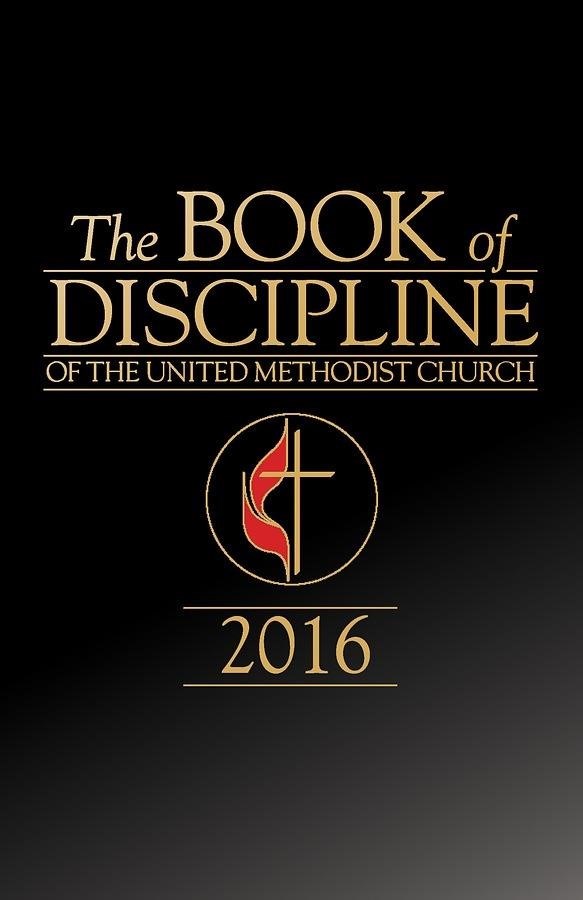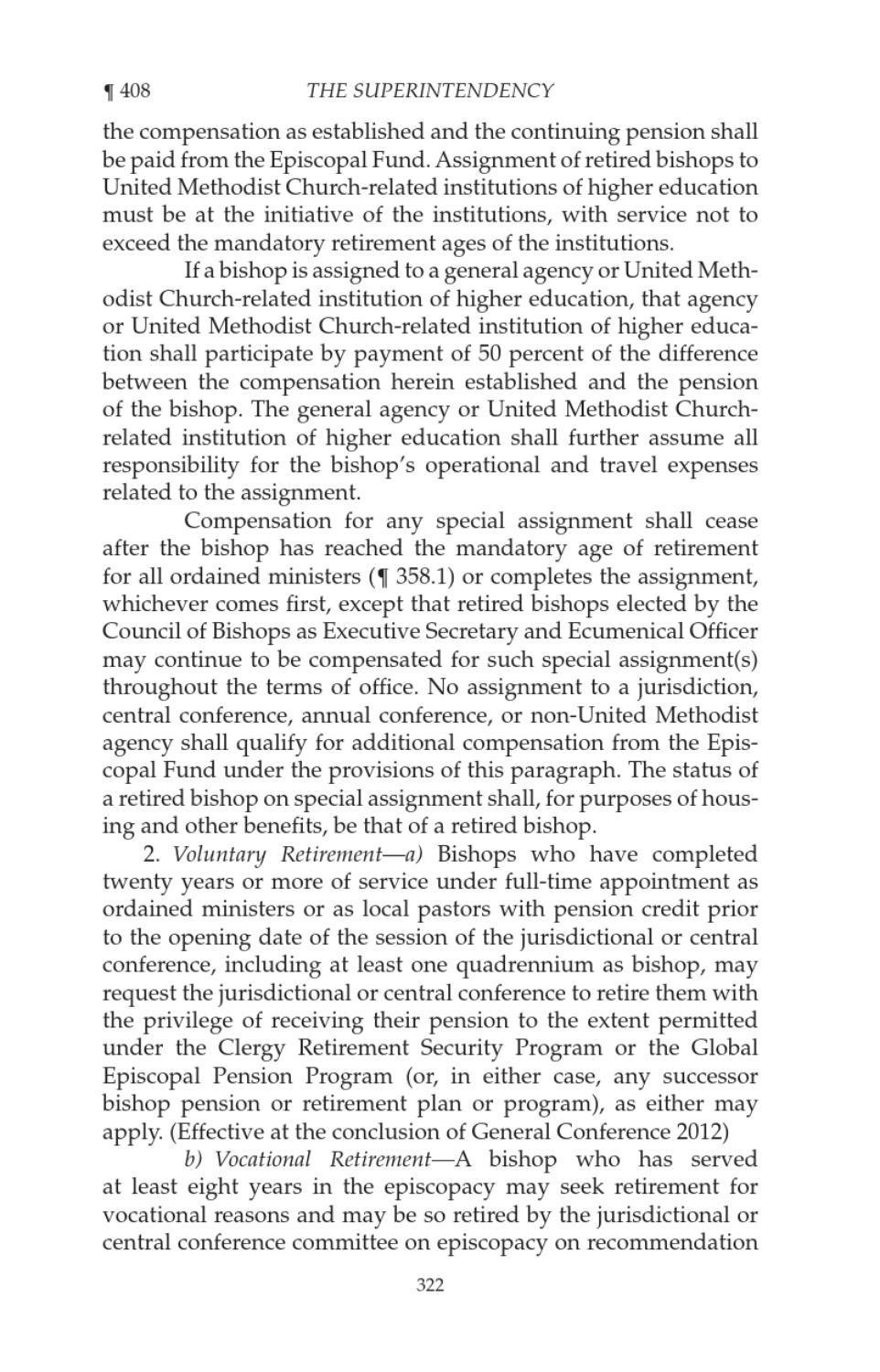The United Methodist Book of Discipline⁚ A Comprehensive Overview
The United Methodist Book of Discipline, a foundational document, defines the church’s structure, doctrine, and practices․ It’s a crucial legal and theological guide, updated regularly to reflect contemporary challenges and evolving understandings․ Access is available via online versions and various publishers, though searchability has faced past technical issues․
Accessibility and Availability of the PDF
Securing a PDF version of the United Methodist Book of Discipline can sometimes present challenges․ While official online versions exist, access has been intermittently disrupted by technical difficulties, as noted in online forums discussing past download and search function outages․ These issues highlight the importance of confirming the accessibility of the desired version before relying on it for crucial information․ Amazon has been cited as a retailer offering a Kindle version at a competitive price point, suggesting alternative avenues for acquiring the document․ However, users should always verify the authenticity and accuracy of any downloaded version, especially considering the legal and doctrinal significance of the text․ The availability and accessibility of the PDF are therefore not always consistent, requiring diligence from those seeking it․
Historical Context and Evolution of the Book of Discipline
The United Methodist Book of Discipline boasts a rich history, tracing its origins back well before the United Methodist Church’s formation․ Its roots lie in the early Methodist Episcopal Church, with the first publication dating back to 1784․ This foundational text has served as a cornerstone, defining the church’s structure and guiding principles throughout its evolution․ Published every four years following General Conference meetings, the Book of Discipline reflects the ongoing dialogue and adaptation within the denomination․ Each revision incorporates resolutions, addressing evolving societal norms, theological interpretations, and internal governance․ This continuous process of refinement ensures the document remains relevant and responsive to the changing needs and perspectives of the global United Methodist community․ The historical context underscores the Book of Discipline’s dynamic nature and its enduring importance as a living document․
Legal and Doctrinal Significance within the United Methodist Church
The United Methodist Book of Discipline holds paramount legal and doctrinal significance within the denomination․ It serves as the ultimate authority, outlining the church’s governance structure, rules of order, and official theological stances․ Its legal weight dictates how the church operates at all levels, from local congregations to the General Conference․ Disciplinary actions, judicial processes, and the ordination of clergy are all governed by its provisions․ Doctrinally, the Book of Discipline articulates the core beliefs and practices of United Methodism, providing a framework for understanding its theological identity․ It clarifies the church’s stance on various social, ethical, and moral issues, shaping its engagement with the world․ The Book of Discipline thus functions as both a legal constitution and a theological manifesto, guiding the life and work of the United Methodist Church in all its aspects․ Its pronouncements are binding on members and leaders alike, shaping their actions and interpretations of faith․
Content and Structure of the Book of Discipline
The United Methodist Book of Discipline is a comprehensive document, meticulously organized to cover various aspects of church life․ Its structure typically includes sections on doctrine, church polity, and organizational matters․ The doctrinal section outlines core beliefs and theological interpretations, often rooted in Wesleyan tradition․ Polity sections detail the organizational structure, from the local church to the General Conference, outlining roles, responsibilities, and decision-making processes․ These sections also include rules regarding church governance, membership, and discipline․ Organizational aspects cover operational procedures, financial matters, and administrative guidelines․ Specific chapters address issues like clergy ordination, church courts, and property management․ The content reflects a balance between historical continuity and adaptation to contemporary contexts, making it a dynamic, evolving document that adapts to the changing needs of the church․ The book is structured for clarity and accessibility, though its legal nature requires careful reading and interpretation․
Key Sections and Their Importance
Within the United Methodist Book of Discipline, several key sections hold particular significance․ The section on “Doctrinal Standards” articulates the core beliefs of the denomination, providing a theological foundation for its practices and mission․ Understanding these standards is crucial for members and clergy alike․ The section on “Church Polity” outlines the governance structure, explaining how decisions are made at various levels, from local churches to the General Conference․ This section is vital for ensuring accountability and maintaining order․ Chapters detailing “Discipline” address procedures for resolving conflicts and dealing with violations of church law․ These processes are essential for maintaining integrity and upholding standards․ Sections on “Worship and Sacraments” provide guidance on liturgical practices and the celebration of holy communion and baptism․ These are integral for maintaining spiritual unity and enriching worship experiences․ Finally, sections on “Social Principles” address the church’s stance on social justice issues, reflecting its commitment to ethical engagement with the world․ These sections guide the church’s advocacy work and social action initiatives․
Copyright and Reproduction Rights
Copyright for the United Methodist Book of Discipline rests with The United Methodist Publishing House․ While the full text isn’t freely available for unrestricted reproduction, limited excerpts are permissible under specific conditions․ United Methodist churches and official bodies may reproduce up to 1,, provided a clear copyright notice accompanies the material․ This restriction aims to balance the need for dissemination of essential information within the denomination with the protection of intellectual property rights․ Unauthorized reproduction or distribution beyond these limitations constitutes copyright infringement․ The publishing house retains control over the distribution and commercial use of the Book of Discipline․ For extensive reproduction or commercial purposes, permission must be sought directly from The United Methodist Publishing House․ Ignoring these stipulations may result in legal action․ The specific terms and conditions governing reproduction rights are likely detailed within the Book of Discipline itself or on the publisher’s website․ Always check the official sources for the most accurate and up-to-date information before using any portion of the text․
Online Versions and Access
Accessing the United Methodist Book of Discipline online presents a multifaceted experience․ While a fully searchable online version is ideally desired for ease of navigation and research, past instances of technical difficulties have hampered this functionality․ Reports indicate periods where the online version was not searchable, causing inconvenience to users․ The availability of a readily accessible, fully searchable online version is crucial for immediate reference and research purposes․ The current status of online searchability should be checked directly with the official publisher, The United Methodist Publishing House, or through the official United Methodist Church website․ Users should anticipate potential variations in accessibility depending on the platform and technological updates․ It is essential to rely on official sources for the most accurate and updated information regarding online access․ The ease of access to the document is vital for its effective use by clergy, church officials, and interested members alike․ Furthermore, the online version’s reliability and searchability are crucial for its continued relevance and usefulness within the denomination․
Availability from Publishers and Retailers

Acquiring a physical or digital copy of the United Methodist Book of Discipline involves several avenues․ The primary publisher, The United Methodist Publishing House (Cokesbury), offers various formats, including print and potentially PDF downloads․ Their website serves as the official source for purchasing the Book of Discipline, ensuring authenticity and support for the denomination․ However, past experiences highlight inconsistencies in accessibility․ While Cokesbury is the main distributor, other online retailers like Amazon have also offered the Book of Discipline, sometimes at more competitive prices․ This suggests a broader distribution network beyond the official publisher, providing alternative options for those seeking the document․ The availability of the Book of Discipline from multiple sources ensures wider access to this vital resource within the United Methodist community․ However, it’s crucial to verify the legitimacy and accuracy of any version obtained from sources other than the official publisher, ensuring it is the most up-to-date edition․ Understanding the different avenues for acquiring the book allows for informed choices based on individual needs and preferences regarding format and cost․

The Book of Discipline in the Modern Context
The United Methodist Book of Discipline, while rooted in historical tradition, faces ongoing challenges in navigating the complexities of the 21st century․ Its role as the governing document for a global denomination requires adaptability and sensitivity to diverse cultural contexts and evolving societal norms․ Issues such as LGBTQ+ inclusion, social justice, and global mission present significant interpretative and practical challenges․ The accessibility of the Book of Discipline in digital formats, while offering convenience, also raises questions about equitable access for members in areas with limited internet connectivity․ The need for clear and easily understandable language within the document is crucial for effective governance and theological understanding, ensuring that all members can engage meaningfully with its content․ Furthermore, discussions about the frequency and nature of updates are vital to maintain the document’s relevance and responsiveness to the changing needs of the United Methodist Church․ The ongoing dialogue surrounding these issues reflects the dynamic relationship between the Book of Discipline and the contemporary world it seeks to guide․
Updates and Revisions to the Book of Discipline
The United Methodist Book of Discipline undergoes revisions every four years, following the General Conference․ This process involves extensive review, debate, and amendment proposals from various committees and individual members across the global denomination․ The updates reflect evolving theological interpretations, societal changes, and the ongoing need to address contemporary challenges faced by the church․ Amendments may involve clarifying existing paragraphs, adding new sections to address emerging issues, or revising existing policies to reflect changed circumstances․ The process of revision is a significant undertaking, requiring careful consideration of potential implications for the entire denomination․ These updates are not merely technical adjustments but often represent significant shifts in policy and practice, shaping the church’s identity and mission․ Access to these updated versions, typically available as PDFs, is essential for maintaining consistency and compliance within the United Methodist Church worldwide․ The digital dissemination of revisions ensures timely access for all members, facilitating a more informed and engaged participation in the life of the church․ The ongoing revision process demonstrates the Book of Discipline’s dynamic nature and its role in guiding the United Methodist Church through time․
Future Directions and Potential Changes
The future of the United Methodist Book of Discipline remains a subject of ongoing discussion and debate within the denomination․ Given the recent internal divisions and significant theological disagreements, particularly concerning LGBTQ+ inclusion, future revisions are likely to address these contentious issues․ Potential changes could involve reinterpretations of existing paragraphs, the addition of entirely new sections dedicated to these topics, or even significant structural alterations to the document itself․ The process of addressing these issues will require careful consideration of diverse viewpoints and a commitment to finding common ground, if possible․ Furthermore, the increasing accessibility of the Book of Discipline through digital formats raises questions regarding the future format and distribution of the document․ Will the increasing reliance on online versions necessitate changes in the way the document is structured or updated? The need to maintain both accessibility and doctrinal accuracy will be a crucial consideration in shaping the future iterations of this vital resource․ The ongoing evolution of society and the church itself will undoubtedly continue to necessitate future revisions, ensuring the Book of Discipline remains a relevant and effective guide for United Methodists worldwide․
